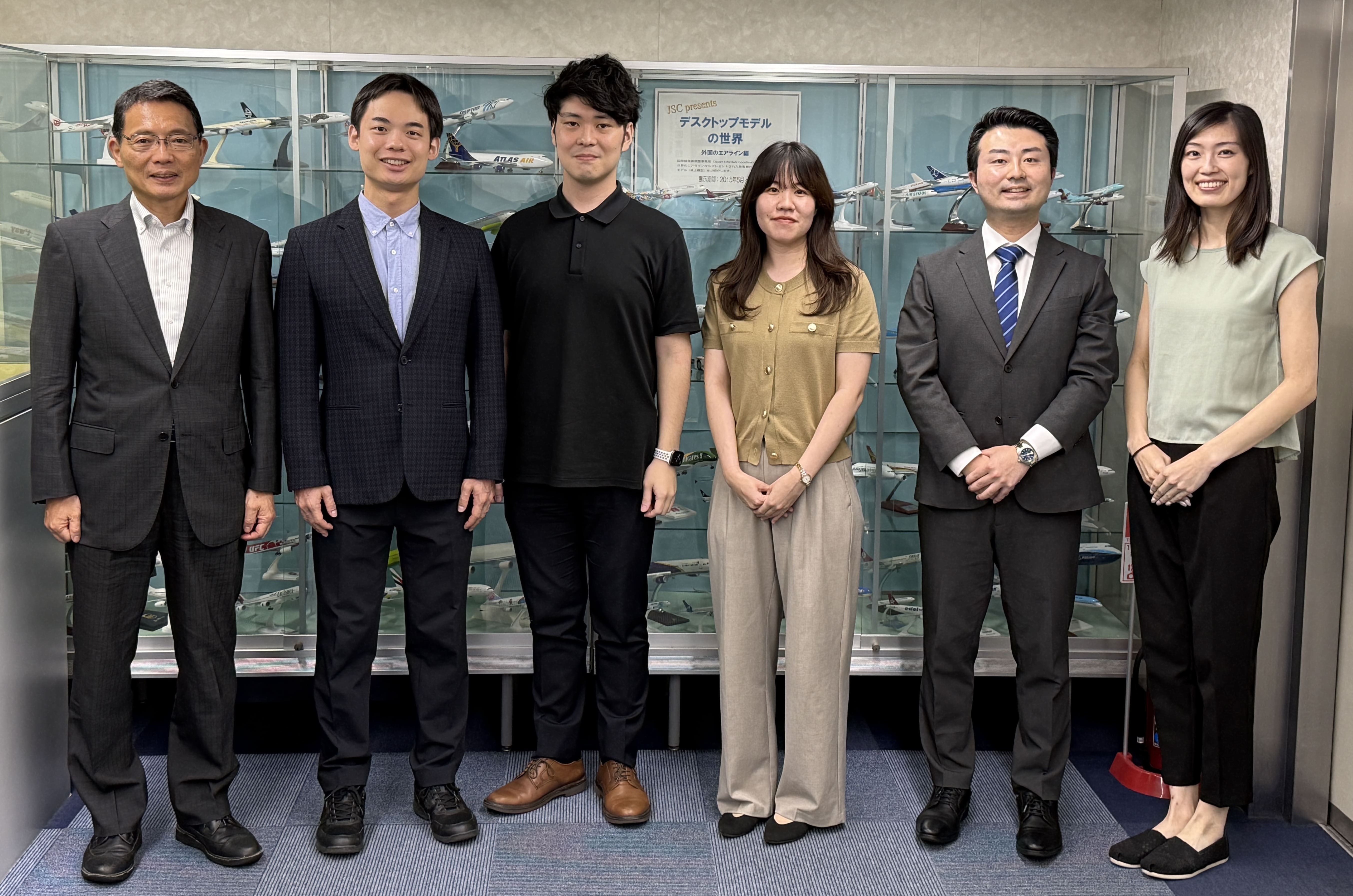Japan Schedule Coodination / Japan Aeronautic Association
ABOUT US
Japan Schedule Coordination (JSC)
Japan Aeronautic Association (JAA) established NRT/KIX schedule coordination office for Narita International Airport (NRT) and Kansai International Airport (KIX) on January 1, 2008.
The JAA added the slot allocation service for Tokyo International Airport (Haneda) (HND) on February 4, 2010. With addition of Haneda Airport, the name of this office was changed to Japan Schedule Coordination (JSC). The schedule facilitation service for New Chitose Airport (CTS) was added on August 9, 2012. In addition, the slot allocation service for Fukuoka Airport (FUK) was added on August 20, 2015.
Having become a part of JAA’s activities, it was ensured that the schedule coordination services will be conducted on a neutral, non-discriminatory and transparent basis. Under JAA’s management, JSC follows a fair and open mechanism in line with the Worldwide Airport Slot Guidelines (WASG), published jointly by International Air Transport Association (IATA), Airports Council International (ACI) and the Worldwide Airport Coordinators Group (WWACG).
Team of JSC

From left,
Mr. Hirohiko Kawakatsu : Head Coordinator
Mr. Tomoki Maejima : New Chitose Airport (CTS)
Mr. Takatoshi Obu : Haneda Airport (HND)
Ms. Rina Moriwaki : Fukuoka Airport (FUK)
Mr. Shuni Cho : Narita Airpor (NRT)
Ms. Haruka Muroo : Kansai Airportt (KIX)
The source of fund
The JAA’s financial resources originally came from the funds donated by the imperial household and the general public.
At present, our public service activities are conducted with the profits gained by operating its own building called the Aviation Building (Koku Kaikan).
In this context, the JAA is therefore self-supporting, which allows it more discretion to evaluate aviation issues without prejudice or external influences.
As far as the operational cost of JSC is concerned, it is independent from
JAA. The source of fund comes from Japanese airlines as well as airport
companies. 60% of the fund comes from Japanese airlines (15 A/L) based
on airlines' share of slots and the rest of 40% comes from airports (5
A/P) based on the airports' share of slots.